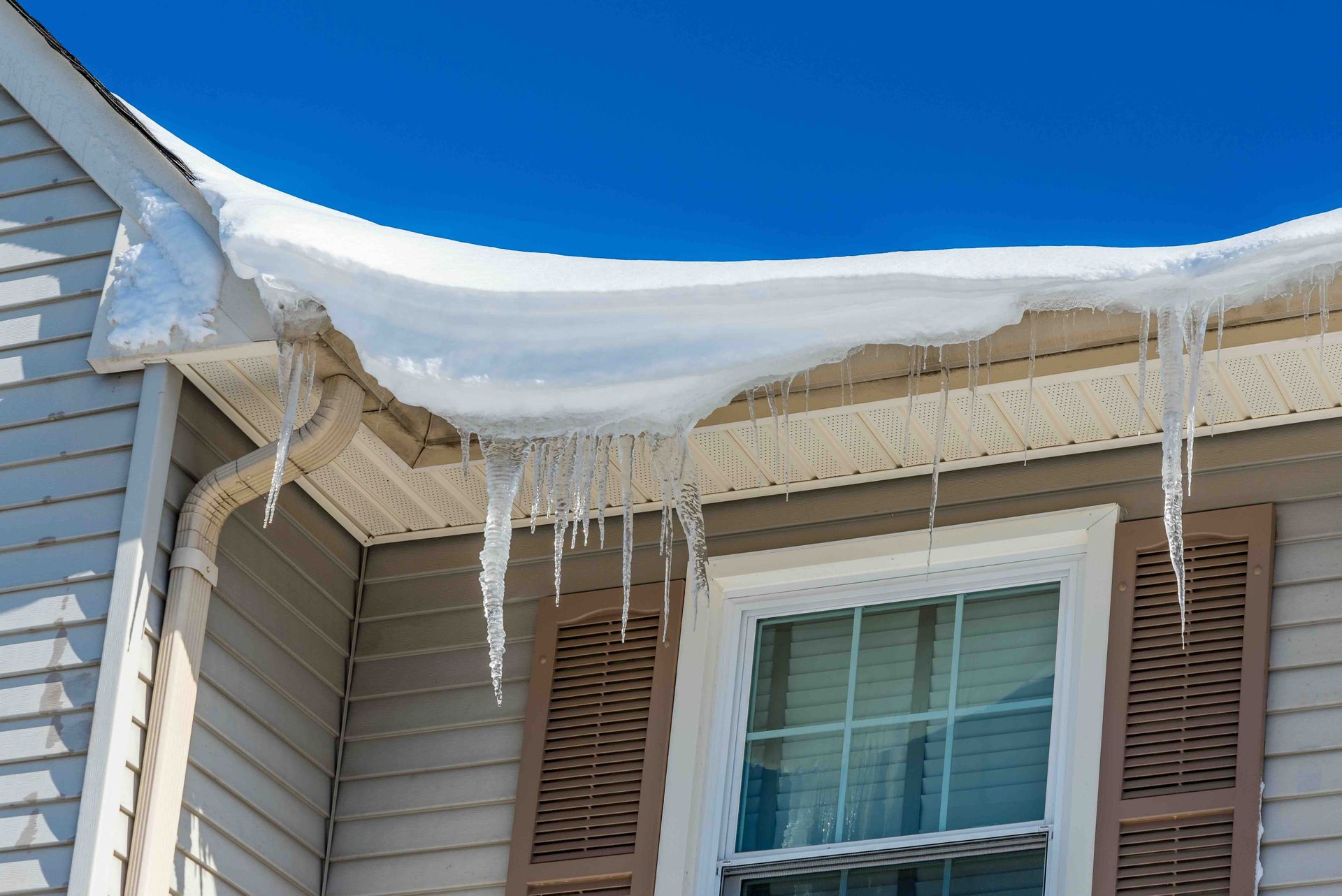Home Financing Options: What Are Your Choices for Financing a New Home?
Securing a mortgage is a crucial initial step in the home-buying process, and there's much to consider when selecting the right one. While many financing options might be overwhelming for first-time homebuyers, understanding the basics of property financing can save them time and effort.
Gaining a better understanding of the local housing market and the potential incentives for lenders can unlock additional financial benefits. Thoroughly assess your finances to ensure you're getting the most suitable mortgage. Before making a significant purchase, first-time homeowners should familiarize themselves with the information presented in this article.
First-Time Homebuyer Requirements
To be approved for a mortgage, you'll need to meet several requirements, depending on the type of loan for which you are applying.
The United States Department of Housing and Urban Development classifies individuals as first-time homebuyers if they meet any of the following criteria:
- Haven't had a principal residence for three years.
- Are a separated parent who has never co-owned a home with anyone other than their spouse or a former housewife who has never jointly owned a home with anyone other than her husband.
Those who have only owned a non-permanently attached house without adhering to construction codes should not be considered compliant.
In general, prospective buyers usually need to provide proof of income for at least two years, cover a minimum of 3.5% of the purchase price as a down payment, and maintain a credit score of at least 620. However, for first-time homebuyers, programs allow purchasing with a lower income, no down payment, and a credit score as low as 500.
Types of Loans Used to Finance a Home
Conventional financing
A conventional loan might be the right choice if you're buying a home. These loans come from traditional lenders like banks or credit unions. Look for a "conforming" conventional loan to qualify for the most streamlined process. These meet the guidelines of Fannie Mae and Freddie Mac, ensuring smoother approval with limits on loan size and credit score requirements.
VA financing
Affordable house ownership may be within reach for certain veterans, active-duty service members, and qualifying surviving spouses under the Veterans Administration (VA) loan program. These loans offer eligible borrowers a great alternative because the VA backs them.
The way it works is that lenders are more willing to provide you with special incentives because the VA is guaranteeing a portion of your loan. A combination of a low interest rate, no down payment, and the ability to skip the private mortgage insurance application process is possible. Optimal aspect? For the security that comes with having your own home, the Veterans Administration offers loans specifically for primary residences.
Portfolio loan
Portfolio loans are a different kind of mortgage. Unlike conventional loans that get sold off to other investors, the lender keeps the portfolio loan themselves. This means they can sometimes be more flexible on down payments or how long you have to repay the loan. However, they'll likely want you to have excellent credit, and you might pay higher interest rates and fees in exchange for that flexibility.
Blanket mortgage
Imagine buying several properties with a single loan—that's the idea behind a blanket mortgage. Instead of juggling multiple mortgages, all your properties are tied together as security for the loan. This simplifies the process for developers and investors, who often deal with various pieces of real estate.
The clever part is the "release clause." This lets you sell one of the properties without paying off the blanket mortgage. You only pay for the loan portion tied to the property you sold. The remaining properties are collateral, so you don't have to refinance the loan completely.

FHA financing
An FHA loan could be a great option if you want to buy your home (not a rental property). These loans are backed by the Federal Housing Administration, making them less risky for lenders. That means you might qualify even if you have a lower credit score or a smaller down payment than what's needed for a traditional loan.
FHA loans come with some perks. You can often put down less money upfront, and the approval process might be friendlier if your credit history isn't perfect. The critical thing to remember is that FHA loans are designed explicitly for owner-occupied homes, so landlords and investors usually need to look elsewhere for financing.
FHA 203(k) loan
Imagine finding a fixer-upper with tremendous potential but needing cash for renovations before you can move in. That's where a 203(k) rehab loan can be a lifesaver. Backed by the FHA, this loan lets you bundle the cost of buying the house and fixing it into one easy package.
No more juggling separate loans or scrambling for extra cash! With a 203(k), you have the flexibility to choose between fixed interest rates (where your payment stays the same) or adjustable rates (where your payment might change over time). You can usually pick between 15 or 30-year terms to pay it back, giving you options depending on your budget.
SDIRAs for Real Estate
Have you ever dreamed of using your retirement savings to invest in real estate? For investors with a sizable nest egg tucked away in a traditional IRA or 401(k), a Self-Directed IRA (SDIRA) could be the key. Unlike regular IRAs limited to stocks and bonds, an SDIRA allows you to invest in alternative assets like real estate, potentially supercharging your retirement growth.
Think of an SDIRA as a specialized IRA account. Here's how it works: You first transfer funds from your existing retirement plan into the SDIRA. This process requires careful planning and guidance from a financial advisor to ensure it complies with IRS regulations and avoids tax penalties. Once the transfer is complete, you gain control over your investment decisions.
The real power of an SDIRA lies in its flexibility. With an SDIRA, you can purchase real estate properties, from single-family homes to multi-unit buildings, or even land for development. This allows you to explore opportunities that might not be available with traditional retirement accounts.
But what about financing? Here's another advantage: An SDIRA can be used to pay down a non-recourse loan. This type of loan doesn't hold the borrower personally liable if the property goes into foreclosure. However, it's important to remember that strict rules govern how to use the SDIRA to manage the property and its finances. You cannot directly manage the property yourself or live on it. These tasks need to be handled by a qualified and unrelated third party.
Home equity loans and HELOCs
Need to raise cash without selling your existing property? Home equity loans and home equity lines of credit (HELOCs) might be the answer. These tools allow you to borrow against the equity you've built up in your home—the difference between its market value and your remaining mortgage balance. Think of it like using your home's value as a piggy bank!
Typically, lenders allow you to borrow up to 80% of your home's equity. This gives you access to a significant chunk of cash that can be used for various purposes related to real estate investing. Both home equity loans and HELOCs have their own pros and cons. Consider your financial situation, risk tolerance, and repayment plans before diving in. Consulting with a financial advisor can be a wise move to ensure this strategy aligns with your overall investment objectives.
Private money lender
They are stuck on a real estate deal because traditional banks say no. Private money lenders might be your secret weapon. These individuals or businesses invest their cash directly in real estate projects, acting like your own personal bank.
Unlike traditional lenders with strict requirements, private lenders care more about the potential of your deal than your credit score. This opens doors for fix-and-flip projects, quick closings, or situations where traditional financing falls short. The catch? They typically charge higher interest rates. Still, a private money lender can be the key to unlocking that perfect property for the right investor.
Hard money loan
Think of hard money loans as the "quick fix" option for real estate financing. They're designed for when you need money fast; traditional lenders won't cut it. Maybe you're flipping a house and time is your enemy, or your credit score took a hit, making banks nervous.
Hard money lenders are primarily focused on the property's value, not your background. This means approvals can be lightning-fast, and terms can be flexible. On the downside, they come with a hefty price tag; expect significantly higher interest rates and fees than a conventional mortgage.
So, is a hard money loan worth it? That depends. It can be a lifeline if you have limited options, need money urgently, and have a clear strategy to repay the loan quickly. For long-term financing or if you're focused on the lowest possible rates, it's probably not the best fit.
Get Expert Financing Recommendations from CHG Today
Discover the ideal home financing solution with Cornerstone Home Group. Whether you're buying a house or seeking financial recommendations for a new home, our CHG experts are ready to tailor recommendations to your unique needs, depending on your situation.
Contact us today at
616.341.7231 for personalized assistance in securing the perfect home.
Share on





